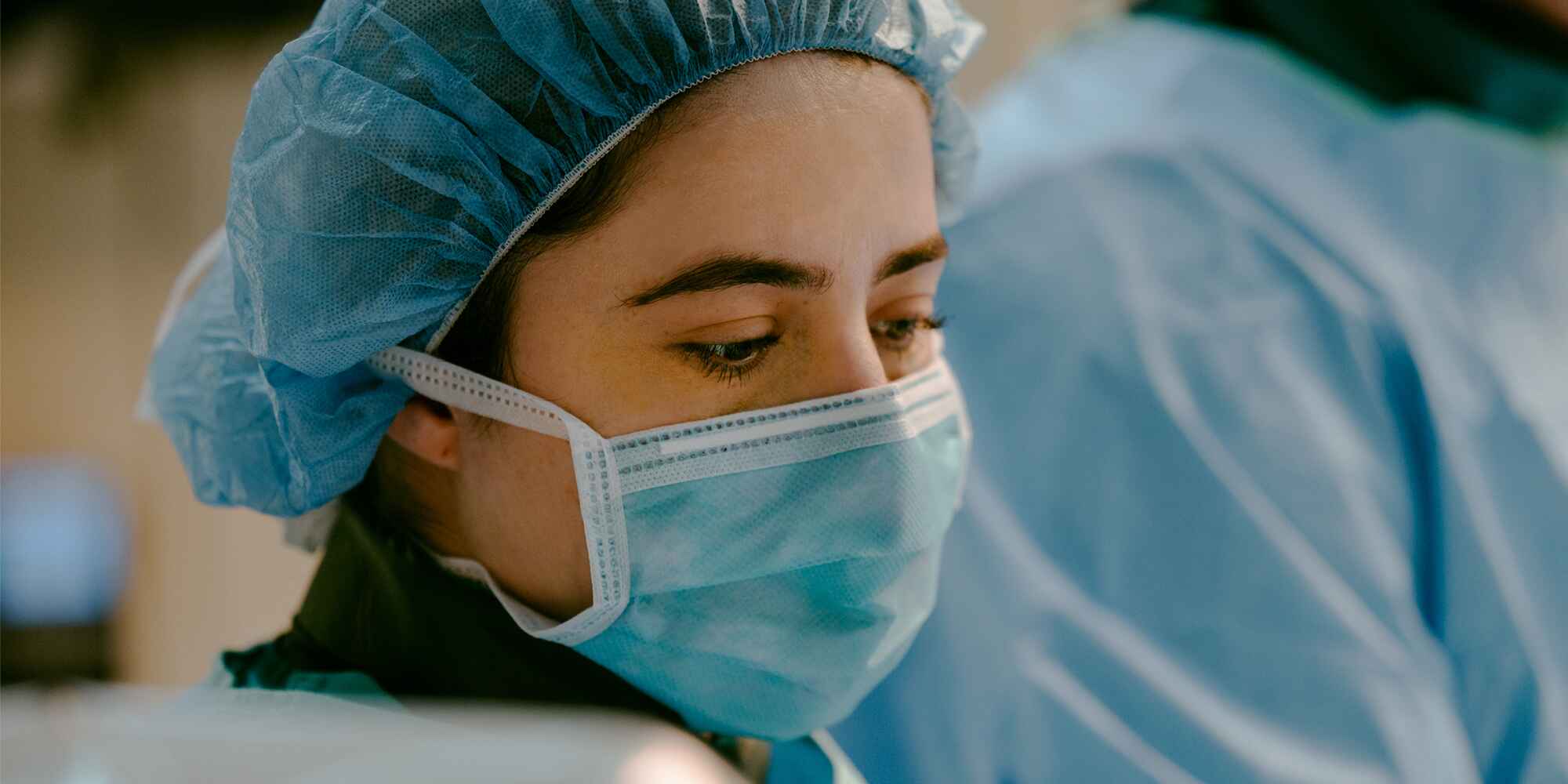Interventional Cardiology
St. Peter’s Health Partners is where you’ll find advanced heart services close to home, including interventional cardiology. Specially trained cardiologists use sophisticated technologies instead of surgery to evaluate and treat a broad range of conditions. Our reputation for excellent results draws patients from across the Capital Region and beyond.
What is Interventional Cardiology?
Interventional cardiology uses minimally invasive procedures and real-time imaging to treat conditions that previously required surgery. The specialists who perform these heart catheterization techniques advance tiny tubes (catheters) through an artery to your heart.
Instruments at the catheter tip enable us to evaluate heart function, treat blockages, repair defects, and more. And because procedures are minimally invasive, you experience less discomfort during recovery and a quicker return to daily life.
Why Choose St. Peter's Health Partners for Your Interventional Cardiology Care?
Our team includes cardiologists who completed additional training, some through fellowships, in interventional techniques. They work alongside other St. Peter’s Health Partners heart specialists to tailor services to your needs. This level of care is not widely available in the region.
Our Interventional Cardiology Care Program Includes:
- Quality: Programs with a high volume of heart catheterizations have higher success rates, and ours is no exception. We perform approximately 5,000 interventional cardiology procedures per year. Our patients consistently feel better and rarely experience complications – even those undergoing high-risk procedures.
- Life-saving Care: Some procedures, such as angioplasty (percutaneous coronary intervention) for heart attacks, are available anytime you need them. Our interventional cardiologists can be available on short notice to deliver timely treatment in the event of an emergency.
- Coordination: Interventional cardiologists are part of our talented team of heart specialists. They work alongside radiologists, cardiologists, heart surgeons, and other specialists to coordinate treatments. Our team approach means you can feel confident that the services you receive are appropriate for your circumstances.
Interventional cardiologists diagnose some conditions during cardiac catheterization procedures. Special instruments at the catheter tip make it possible to evaluate structures, measure pressure within the heart and more.
Hybrid Heart Catheterization — Surgery Capabilities
Our hybrid operating room contains technology that supports heart catheterization and minimally invasive surgery. This facility makes it possible to receive more of the therapies you need to achieve your heart care goals.
We Use a Hybrid Approach To:
- Perform Multiple Procedures in a Single Operation: An interventional cardiologist performs angiography to pinpoint blood vessel blockages. A heart surgeon then performs a coronary artery bypass graft (CABG) to reroute blood flow.
- Provide an Extra Layer of Safety: A heart surgeon is in the room during high-risk cases. They provide necessary backup for percutaneous coronary intervention to remove blockages in patients at high risk of heart attack.
- Access Hard-To-Reach Areas: An interventional cardiologist uses real-time imaging to carefully navigate abnormal heart structures. Doing so creates safe access for surgical procedures.
- Guide Medical Device Wire (Lead) Placement: Implantable devices such as pacemakers require placing leads in specific areas of heart tissue. Catheterization imaging technologies ensure they end up in precisely the right spot.
Heart Conditions Interventional Cardiologists Treat
We Perform Heart Catheterization for Common and Complex Conditions, Including:
- Adult Congenital Heart Disease
- Aortic Aneurysm and Other Aortic Diseases
- Cardiomyopathy
- Coronary Artery Disease
- Heart Attack
- Heart Valve Disease
- Pulmonary Embolism
Diagnostic Interventional Cardiology Services
Interventional cardiologists diagnose some conditions during cardiac catheterization procedures. Special instruments at the catheter tip make it possible to evaluate structures, measure pressure within the heart, and more.
Catheterization also enables sophisticated imaging that provides superior views of your blood vessels. Find out more about cardiac catheterization imaging.
Intravascular ultrasound (IVUS) uses a tiny probe and soundwaves to provide real-time views from inside a blood vessel.
Optical coherence tomography (OCT) uses light waves to capture high-resolution, 3D images. Special technology fuses OCT and FFR results for superior views of heart structures.
Interventional Cardiology Treatments
Some people receive treatments during diagnostic heart catheterization. Other treatments take place during a separate procedure.
Treatments Our Interventional Cardiologists Deliver Include:
- Aortic Aneurysm Repair to treat weakened blood vessel walls and prevent them from rupturing
- Alcohol Septal Ablation to treat abnormally thick heart tissue due to cardiomyopathy
- MitraClip® Device, which repairs leaky mitral valves
- Percutaneous Coronary Intervention (PCI), which restores blood flow in narrow or blocked arteries
- Adult Congenital Heart Defect Repair, which may include closing a hole in the heart
- Transcatheter Aortic Valve Repair (TAVR)
- WATCHMAN™ Device for Afib, which lowers stroke risk
- Other heart valve repair and replacement procedures

